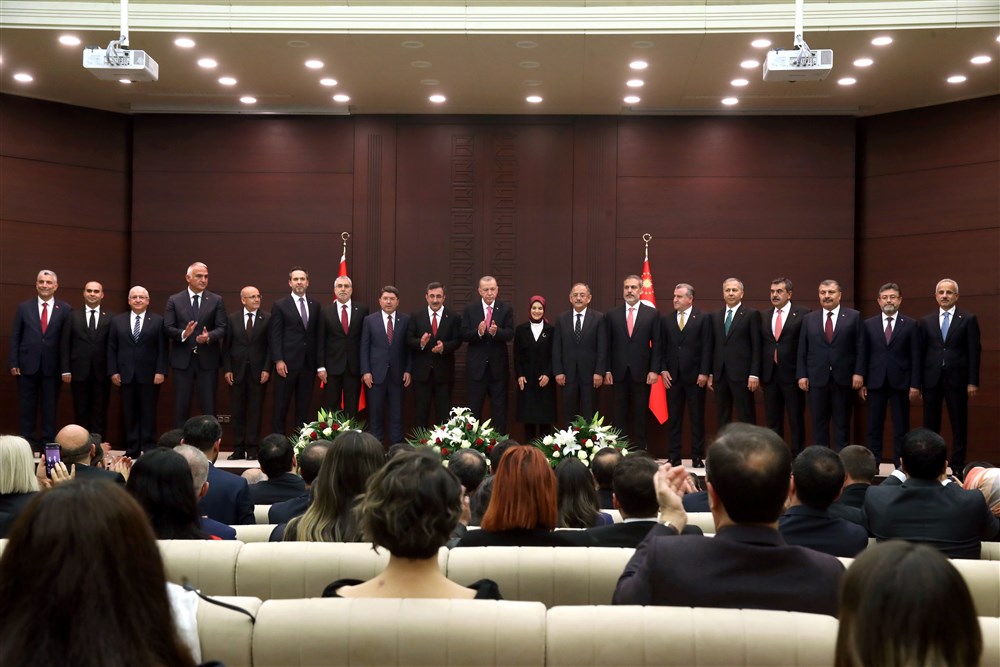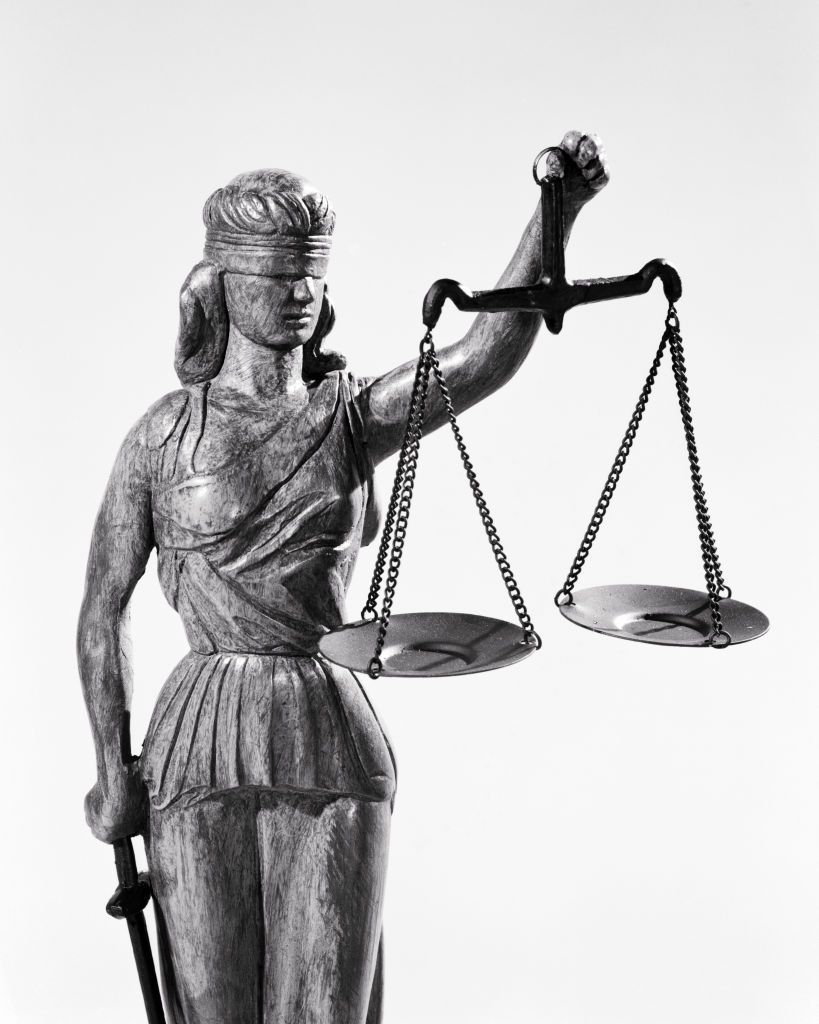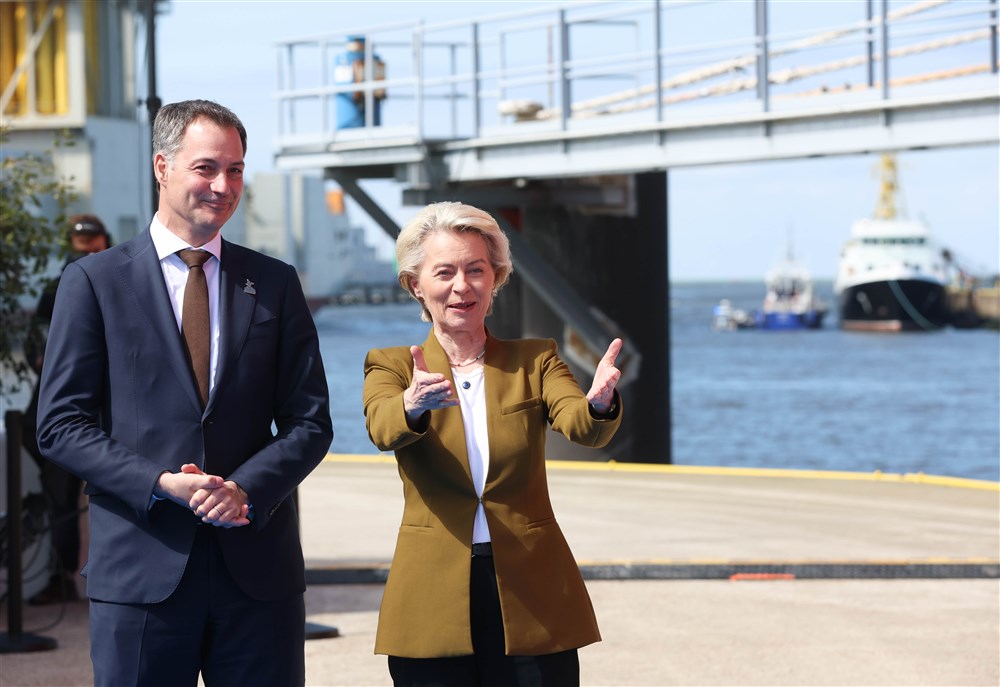Conner Rousseau, the leader of Vooruit, Belgium’s Dutch-speaking socialist party, announced publicly on June 15 that he is sexually attracted to men and women. However, a number of observers have reacted with scepticism – not regarding his sexual preferences but because of the timing of his announcement, coming as it did amid rumours of inappropriate behaviour.
In a video on YouTube of around 14 minutes, Rousseau talks about his personal feelings and inclinations. He claims he did not express his sexual preferences in public before because he has been struggling internally and was unclear about his emotions. Regarding the rumours, Rousseau’s lawyer said he was the victim of a “witch-hunt”.
“I’m gasping for air and I hope that this can help me breathe again and give me mental space, so I can occupy myself with other things than this,” Rousseau said of disclosing his sexual preferences. He added that he talked about the issue with a friend two years ago, but only informed his mother two weeks ago. “It was a pleasant conversation,” he said. After the video was published, Rousseau boarded a plane to travel abroad.
As well as the video, he also posted on Instagram, where he has a substantial following. The reactions in Belgium to the video have been mixed, not due to his sexual preferences – Belgium is highly tolerant on that front – but because of the method he used to go public.
The video was made by the well-known reportage journalist, Eric Goens, with whom Rousseau has close connections. Initially, the pair had asked for hard cash for the video to be aired, according to Belgian media reports. Apparently, they wanted a fee of €1,500 plus €750 per minute broadcast, meaning that if a network wanted to show the entire video, it would be charged €12,000. All the major TV stations in Belgium declined to pay.
Furthermore, the politician did not want to face media questions about the issue. A representative of the European Federation of Journalists said its code of ethics demands information is not paid for unless it’s to cover expenses.
But the main point of contention for many is that Rousseau’s ‘coming out’ happened as rumours of inappropriate behaviour are circulating.
Up until the video’s release, the mainstream media had not reported on those rumours. Two ‘alternative’ outlets that did write about such suggestions were taken to court by his lawyers and forced to remove their articles after being threatened with fines of up to €200,000. But, following Rousseau’s revelations, things have changed.
Now mainstream reporters are openly discussing the rumours. While there has been an investigation by the public prosecutor in Bruges that followed a report by a journalist from broadcaster VTM, the case was dropped after a key witness pulled out. Another case involving the Antwerp public prosecutor’s office is said to be underway.
Christine Mussche, Rousseau’s lawyer, claimed there was “a witch-hunt” against her client and that accusations against him don’t hold up. Socialist party members have also stated publicly that they feel the press is unfairly targeting him.
Freya Van den Bossche, a Vooruit member with close ties to her party leader, said the rumours circulating about Rousseau was a “vicious gossip and hate campaign”, perpetrated by “political opponents who want to do everything to make his life hard”.
She said all her party colleagues support Rousseau and are convinced that he has done nothing wrong. The same sentiment was expressed by Melissa Depraetere, group leader with the socialists in the Federal Parliament of Belgium.
However, some observers believe Rousseau used his announcement to try to quash the rumours. Chris Janssens, from the rightwing Vlaams Belang party and openly gay since December 2021, said he saw “a lot of problems” regarding the issue.
He said that coming out via such a costly video was “exorbitant” and “painful” for a parliamentarian, but added that doing so when a judicial investigation over inappropriate behaviour was pending was just as painful for the involved parties, given the nature of the accusations.
Political science professor at the Vrije Universiteit Brussel, Dave Sinardet, a gay man himself, said the Rousseau video seemed to be something of a media stunt. “It is somewhat bizarre and maybe not so smart either, because you could antagonise certain media,” he said.
His colleague, Nicolas Bouteca, said he found the whole episode questionable. “Do I understand that correctly now? Marketing emotional struggles? Is that the new style?,” he queried.
Popular Belgian media personality Rik Torfs likewise lamented the “commercialising of emotion and politics”.





